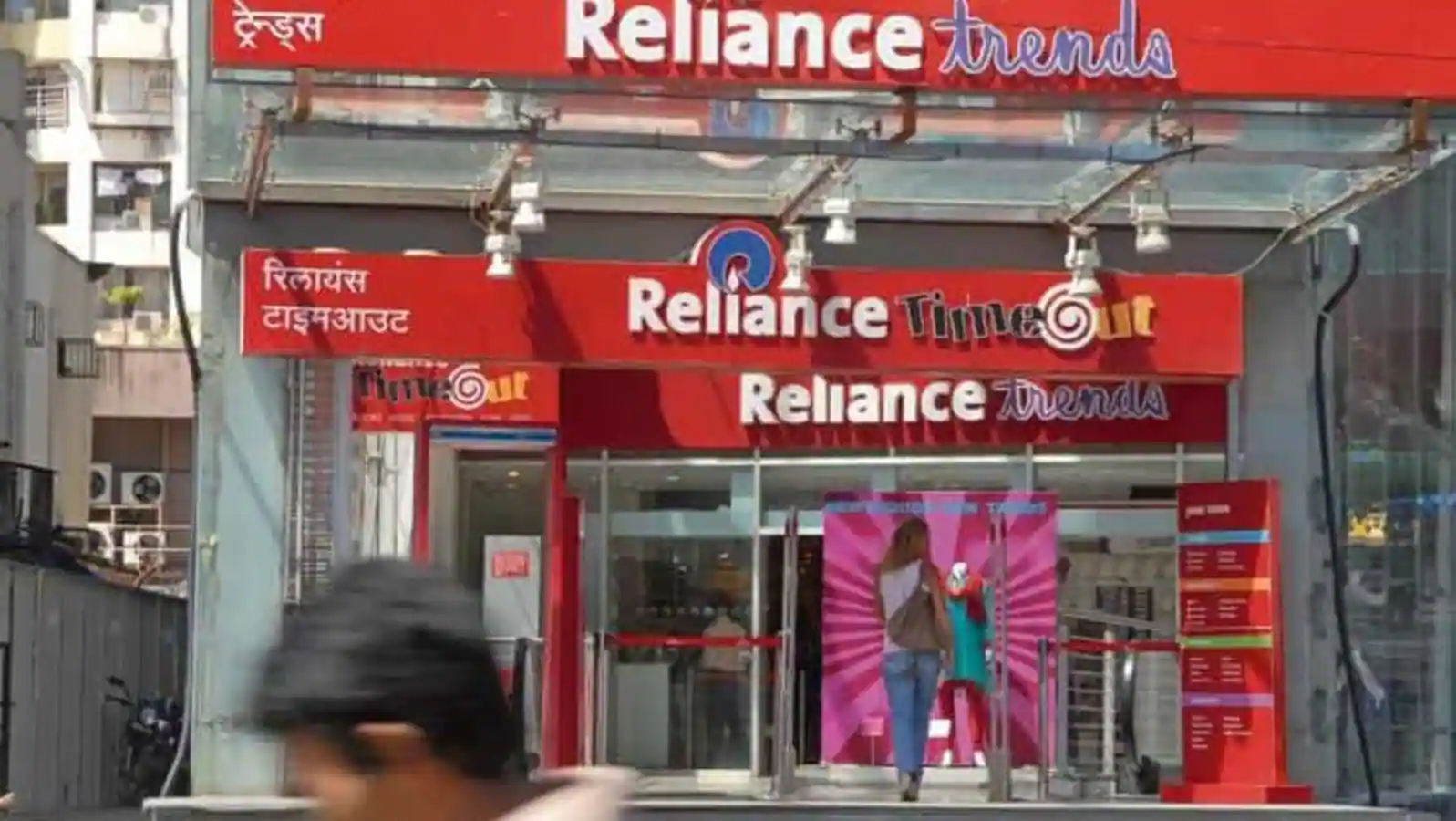Undeterred by pressure, Prime Minister Narendra Modi has expressed his government’s strong will for reforms to spur economic growth and create an environment conducive towards making India a developed country. As a pro-growth government, its intentions are in the right direction. It is, however, also important that it introduces other measures that have the potential to play a catalytic role. No doubt, the Centre has shown foresight and iron will while fighting a global pandemic, described as the most challenging this century. During the COVID-19 crisis, he extended a helping hand to the common man, and also took measures towards creating a better environment for businesses and corporates simultaneously.
Sarvesh Tiwari, President Raws, said, “The government has introduced measures to boost growth and take the economy out of recession. The stimulus packages are expected to release the much-needed liquidity in the market. The government has also encouraged financial institutions to lend to the corporates. It would also be a welcome measure if the government resolves the issue of differential interest rates to corporate. This will reduce their financial duress and spur greater economic activity in the country.“
Landmark measures like universal financial inclusion and the slashing of corporate tax rates show that the government firmly believes in “sabka saath, sabka vikas“. But, then, the Modi government’s commitment to overall inclusive growth has never been in question. In the immediate context of COVID-19, the government has responded well, and given a call for “Aatmanirbhar Bharat“, ensured food security for the poorest, and announced a much-needed fiscal stimulus package.
The RBI announced a moratorium on bank loans for all, including the corporates. The move has been hailed by all. Prime Minister Narendra Modi, as also Finance Minister Nirmala Sitharaman, have often said that the wealth creators must be encouraged and respected. This welcome sentiment should result in a level-playing field for the corporates as they rebuild a pandemic- ravaged India and help realize the $5 trillion vision. There are some areas of concern, however, that need the government’s urgent attention and the RBI’s intervention.
While the government has been encouraging banks to lend to corporates, at times they face some unlikely roadblocks – an issue that is best addressed urgently.
Banks now follow differential interest rates to corporates, based on their credit ratings. In principle, this may appear to be logical, but in practice, the difference between interest rates for a highly-rated corporate and a moderately-rated corporate may be as huge as 5-6 per cent. Considering that we are looking at figures ranging in 100s and 1000s of crores of loans, the difference in interest rates could, thus, be enormous. While credit rating is important, we also know the instances of Enron and IL&FS that were rated very very highly but went bust, throwing up a range of challenges. Otherwise, too, there have been instances of AAA-rated companies fumbling and struggling.
Logically, a corporate would be rated moderately (and not highly) because of its perceived poor financial health. A high rate of interest would then only hasten its downslide! Surely the banking ecosystem, the RBI and the government don’t want that! In any case, collaterals and other securities are secured while disbursing loans, so the banks could surely be more considerate. The banks, perhaps, could take a cue or two from retail loans, or how credit card companies evaluate their customers, while devising a structure for corporates.
After the RBI directed banks to link retail loans to an external benchmark, some public sector banks have begun offering differential interest rates, guided by the consumers’ CIBIL scores. The interest rate differentiation goes up to 2 per cent in select categories, while it usually varies between 0.5 and 1 per cent.
Why shouldn’t then corporate loans’ interest rate differentiation should be, say, up to 1 per cent, and not the unreasonable 5-6 per cent Credit cards, on the other hand, look at the past and immediate track record, while offering cards, card limits, and other offers. This provides a viable model for the banks while offering corporate loans. Plus, banks should do their own ratings of customers and corporates, based on their records. There have been many instances where credit-rating agencies have been seen to be doing half-baked jobs. Why leave the future of corporates in the hands of these agencies alone Banks should look at the companies’ performance, business model and track record.
Like a concerned and valued regulator, the RBI should address these concerns. Measures should be taken to ensure that corporates don’t slide into the red. A government nudge would be timely here. Businesses and industry, on their part, will ensure that India recovers from the pandemic real quick, more employment opportunities are created, and India gets back its “fastest-growing large economy” tag soon.
![]()















